Bob Ghent is the Dealer Principal and Owner of Ghent Chevrolet. His journey from the car wash to owning the dealership demonstrates his deep commitment to the automotive industry and the Northern Colorado community, emphasizing not just business success but also civic involvement and quality service.
Bob Ghent from Ghent Motors uncovered the remarkable story of their dealership–a legacy spanning over three generations. From its humble beginnings in 1942, Ghent Motors has weathered numerous adversities and emerged as a thriving Chevrolet and Cadillac dealership in Greeley, Colorado.
Bob Ghent’s insight into the history and evolution of the dealership shed light on the challenges faced by automotive businesses over the years. One of the most engaging aspects of the conversation was Bob’s firsthand account of navigating through the unprecedented times of the COVID-19 pandemic and the resilience and innovation that propelled Ghent Motors to a record year despite the challenges.
He also discussed the pivotal role of effective parts management in the dealership’s success. This led to the partnership with PartsEdge, providing them with comprehensive support for inventory optimization, compliance, and strategic decision-making.
——————————————–
Sponsors:
This show is powered by PartsEdge: Your go-to solution for transforming dealership parts inventory into a powerhouse of profitability. Their strategies are proven to amp up parts sales by a whopping 20%, all while cutting down on idle inventory. If you’re looking to optimize your parts management, visit ? www.partsedge.com.
This show is Sponsored by:
Fixed Ops Marketing: Dive into a world of amplified profitability with their comprehensive marketing solutions. From viral video marketing to robust support for service departments, they’ve got your marketing needs covered. Their services encompass SEO, dealer-branded video content, automation, and social media marketing. Discover how Fixed Ops Marketing can enhance your business today by visiting ? www.fixedopsmarketing.com.
Bayley: Unlock operational finesse with Bayley’s Automated Vehicle & Key Tracking solutions. Streamline your Lot Management, Recon, and Fixed Ops. Their ingenious solutions are tailored to inject efficiency, fuel sales acceleration, and elevate your Customer Satisfaction Index. Traverse the Bayley journey and unveil how they can morph your dealership dynamics at ? www.getbayley.com.
——————————————–
Takeaways
- Embrace family legacy and resilience.
- Adapt and innovate amid challenges.
- Value external insights for growth.
Quote
“There’s the tech side of it that comes into it to make sure that the parts are in stock, and PartsEdge helps us with that.” –Bob Ghent
Connect
Bob Ghent
LinkedIn: www.linkedin.com/in/bob-ghent-b905035
Website: www.ghentmotors.com
Kaylee Felio
LinkedIn: www.linkedin.com/in/gotopartsgirl
Website: www.partsedge.com



